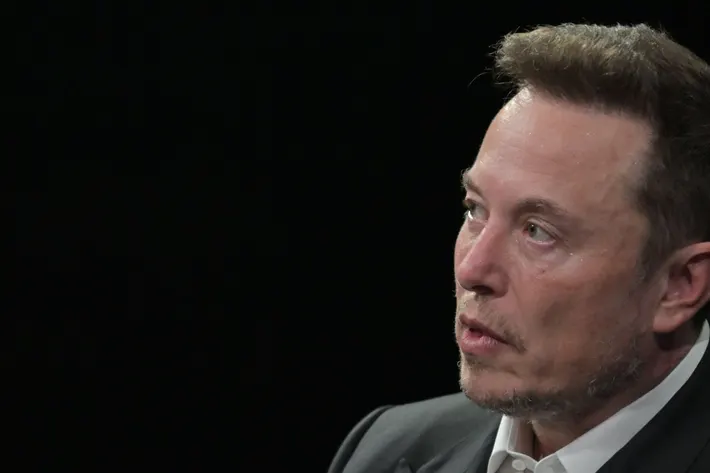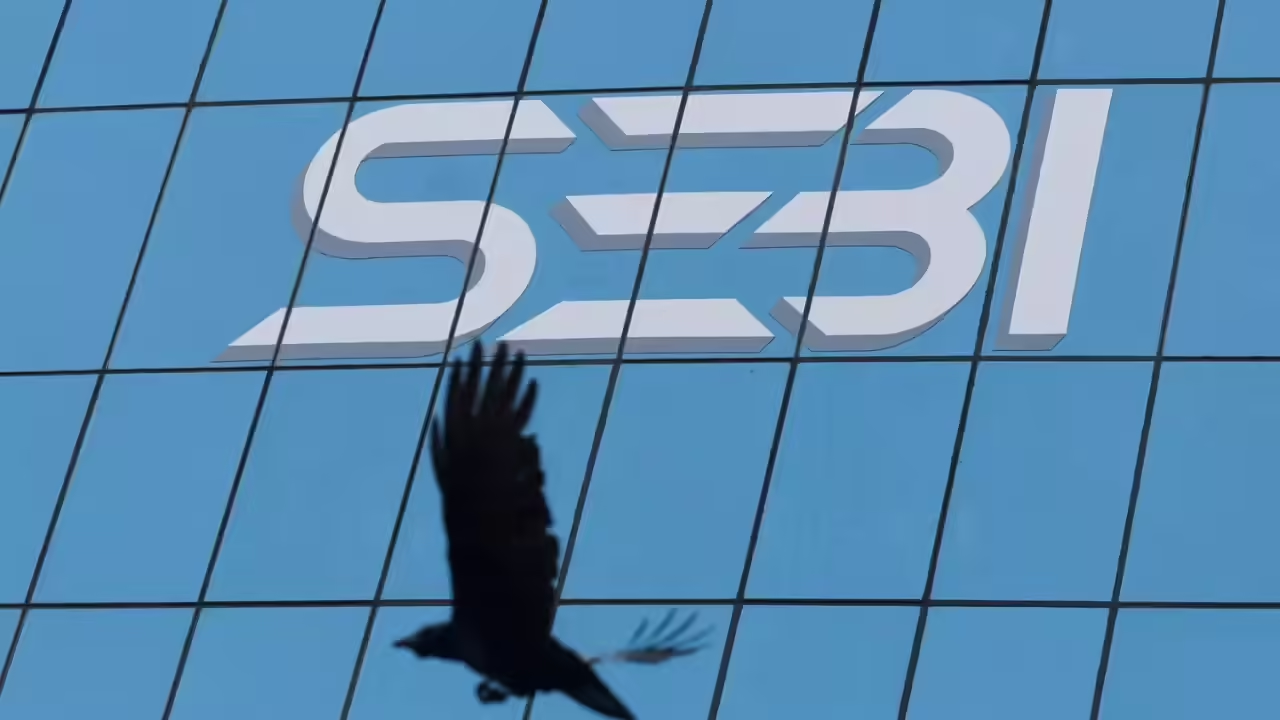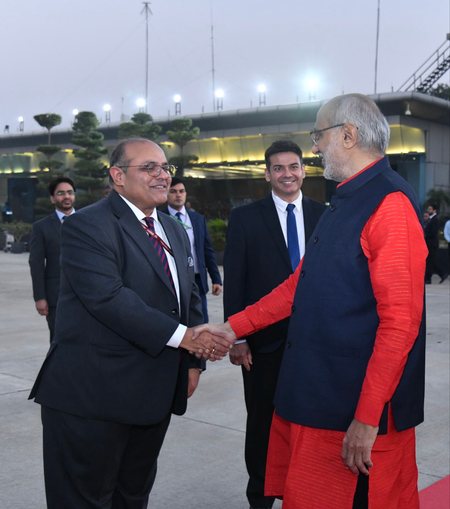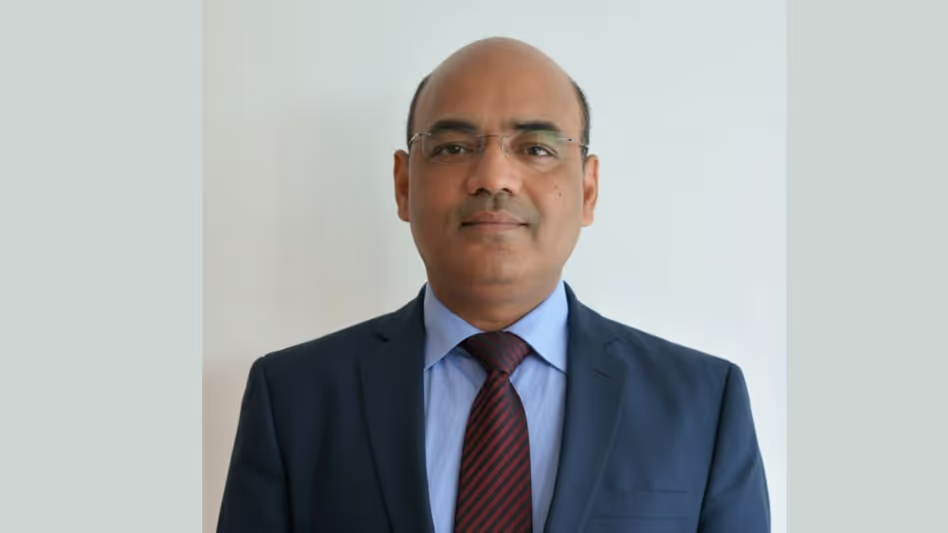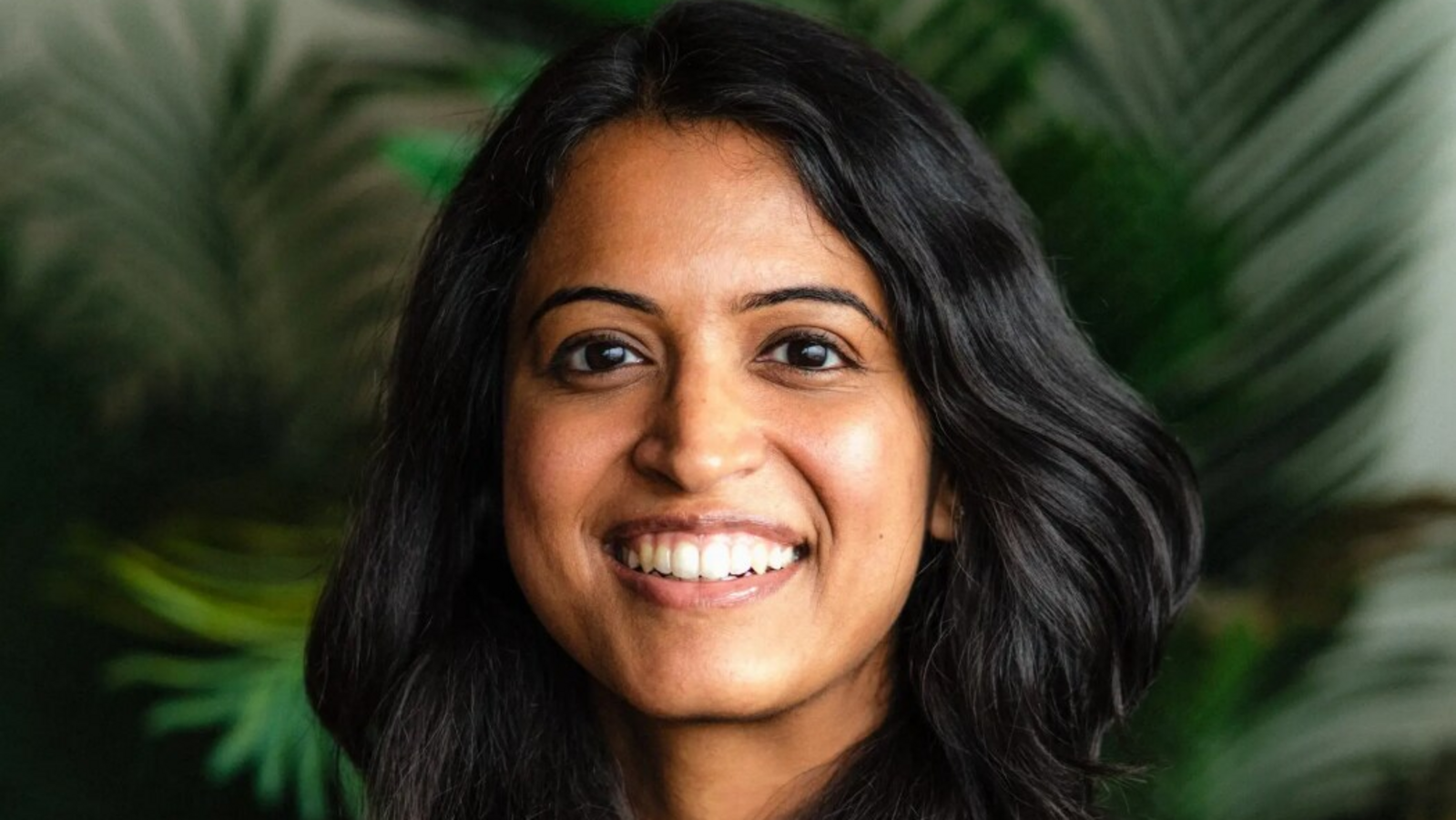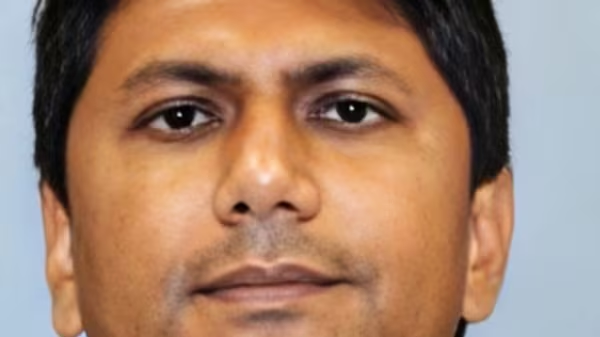Musk went on to label the existing system as “madness” and proposed a dual approach: halting illegal immigration and significantly increasing legal immigration quotas
Elon Musk has entered the discourse surrounding the urgent need for comprehensive reforms in the United States immigration system, particularly concerning challenges faced by skilled workers in obtaining domestic visas. Musk, the visionary founder of Tesla, took to X (formerly Twitter) to express his views on the current state of immigration, deeming the process for legal immigrants to relocate to the United States as “insanely difficult” while characterizing illegal entry as “trivial.” He went on to label the existing system as “madness” and proposed a dual approach: halting illegal immigration and significantly increasing legal immigration quotas.
The impetus for Musk’s comments stemmed from a revelation by Aaron Levie, CEO of Box, who shared data illustrating the constraints on high-skilled workers entering the U.S. Levie pointed out that there is a cap of 85,000 slots for such workers, leading to a situation where demand far exceeds the available opportunities. In response to a comment suggesting that those enabling illegal immigration may not desire the skilled and vetted legal immigrants, Musk concurred, emphasizing the systemic issues in the current immigration framework.
Elon Musk’s advocacy for immigration reform has struck a chord with Indian-Americans, shedding light on the challenges faced by legal immigrants and fueling the call for substantial changes in the U.S. immigration system
Amjad Masad, CEO of Replit, contextualized the situation, noting that the 85,000 cap for high-skilled workers is comparable to only a week or two’s worth of illegal crossings on the southern border. Another user, Tyler Hogge, underscored the simplicity of resolving this issue, referring to it as the “lowest hanging fruit” for the President to address.
The discussion resonated with many Indian-Americans who find themselves trapped in the green card backlog. One individual, Atal Agarwal, emphasized the plight of legal immigrants stuck in a backlog lasting over a century, drawing attention to the irony of their lack of voting rights. Another contributor, Anuj, highlighted the challenges faced even by U.S. educated and trained workers with approved immigration petitions, emphasizing the perpetual struggle tied to maintaining visa status and limited professional freedom.
Sharing personal experiences, Raj Karnatak, a physician who dedicated years to serving in the U.S., expressed frustration at being entangled in a decades-long green card backlog despite contributing significantly to American society during crises like Hurricane Sandy and the COVID-19 pandemic. The sentiment echoed by legal immigrants, as described by David J. Bier, was characterized as a crime by Karnatak, who lamented the absence of a platform to report this alleged injustice.
In summary, Elon Musk’s advocacy for immigration reform has struck a chord with Indian-Americans, shedding light on the challenges faced by legal immigrants and fueling the call for substantial changes in the U.S. immigration system.
************************************************************************
Readers

